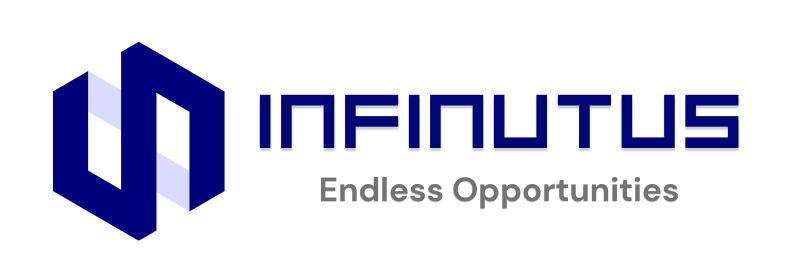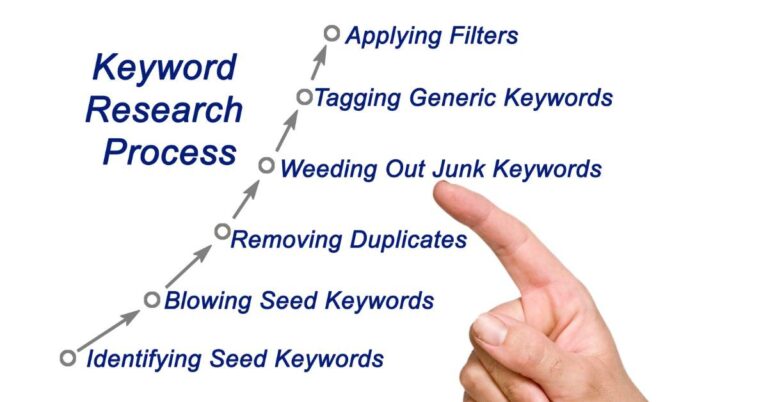
Why Keyword Research is Important for SEO Success: A Comprehensive Guide
In this blog post, we’ll delve into the significance of keyword research for achieving search engine optimization (SEO) success. We’ll explore how keyword research helps you understand user intent, optimize your content, and improve your website’s visibility on search engine results pages (SERPs). Discover the essential steps and tools to conduct effective keyword research and unlock the potential of organic traffic.




